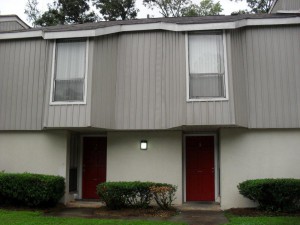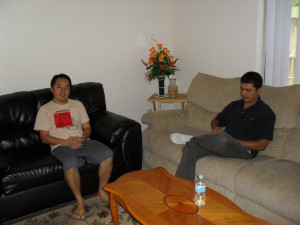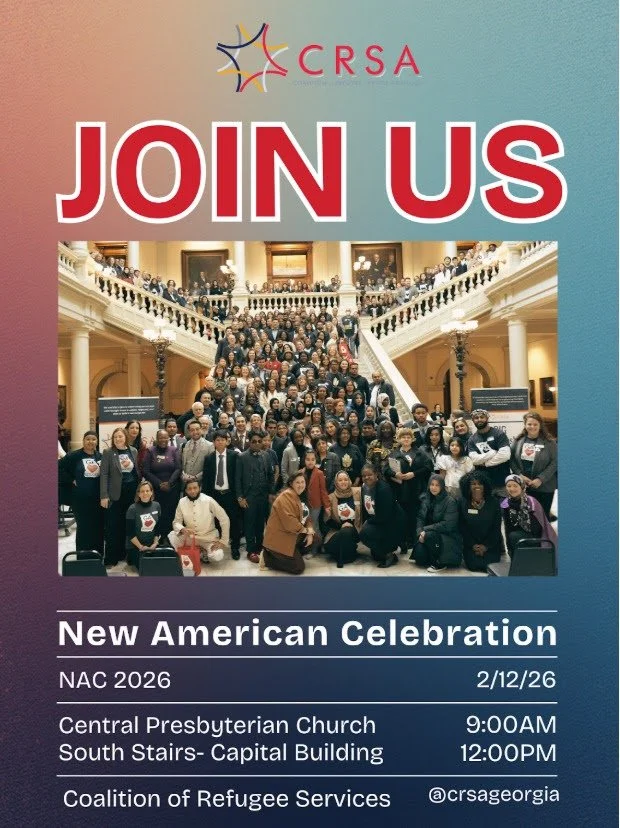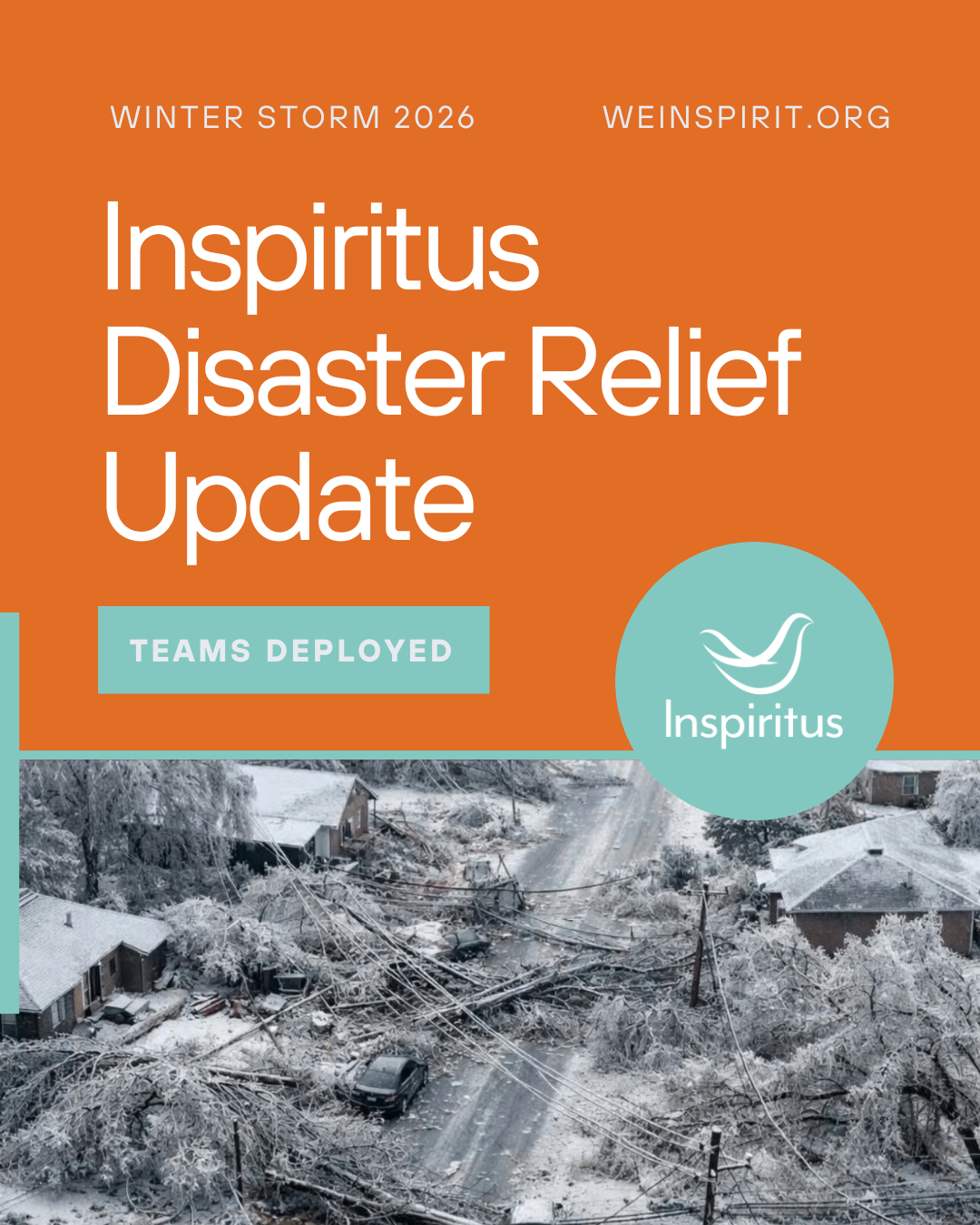A Day in the Life with Guru (Part II)
/Although Bhutanese refugees may experience some relief at being resettled to a new country such as the United States, where they can begin to build new lives, they often encounter considerable challenges in the first few months. Not able to speak the language, these newcomers do not easily find work. Once they find a job, a process that the case manager and others in LSG help them through, they have difficulty getting to it, especially if the job is in a poultry processing plant that is not easily accessible by public transportation. Since few of the refugees are able to drive, let alone afford a car, they ride in a van driven by a more experienced refugee. This carpooling can be efficient, but if the driver quits his job or moves to a different city, the new employees are temporarily stranded at home. When we arrive in Clarkston, Guru points to the different places that serve the refugee community: the health clinic; Georgia Piedmont Technical College, where the refugees receive English lessons; and the apartment complexes where many live. Soon afterward we drive up to the townhouse of our first host, a man who recently arrived from a refugee camp in Nepal.
Rajesh Rai opens the door and invites us in. He greets me by placing his hands together in front of his chest and saying “Namaste” with a slight bow—the traditional Nepalese greeting. Then we shake hands—an American addendum to the introduction. Walking through the doorway, I first notice the number of shoes and sandals lying at the foot of the stairs. These, Guru tells me, are donations from the clothing drives sponsored by LSG. To the left of the doorway is the kitchen, where a large rice-cooker is at work on the counter. Out in front of me I see a table pushed against a wall with several chairs next to it, as well as a couple of comfortable-looking couches. Rajesh invites us into this living room, and we plop down on the couches.
Having served as an English teacher in the Nepalese refugee camp, Rajesh understands and speaks some English. We begin to discuss his life in Atlanta, but our conversation eventually flows to his family and his background. For all the difficulties faced by refugees as they are uprooted from their homes, placed into temporary camps, and then transplanted into a new country, their stories are also filled with moments of joy. Rajesh recounts one of these moments. Two years ago, his wife, pregnant with their daughter, came to America, leaving Rajesh behind in the refugee camp. This summer Rajesh was finally granted permission to come to the United States, and on August 7 he moved in with his wife and two-year-old daughter, whom he had never seen. At first, he told me, his daughter was hesitant toward him, for, after all, he was a new presence in her life. But now, after having been with him for a month and a half, she crawls onto his lap without reservation.
Check back here next week for the third installment of A Day in the Life
Jeff Banks is the communications coordinator for Lutheran Services of Georgia. If you have questions or comments, please contact him at jbanks@lsga.org














